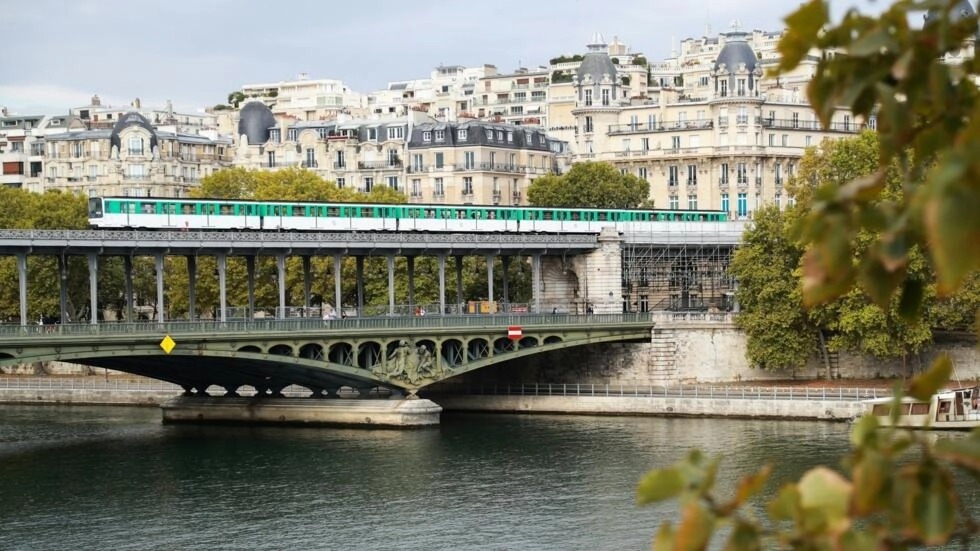Paris, France: As the countdown to the 2024 Olympics in Paris draws closer, concerns mount over the city’s transportation infrastructure, particularly its beleaguered metro system.
With millions of visitors expected to flood into the French capital for the sporting extravaganza, the pressure on the already strained public transport network is palpable.
Juliette Fayaud, a 26-year-old restaurant worker, voiced the frustrations of many Parisians, lamenting the insufficient frequency of trains during rush hour.
“It’s really difficult, and we’re not even at the Olympics yet when there are millions of people on it,” she remarked, echoing the sentiments of commuters grappling with reduced services since the onset of the COVID-19 pandemic in 2020.
The RATP, responsible for Paris’s transport system, slashed services as remote work became the norm, exacerbating an already precarious situation.
The shortage of trains and personnel has led to a decline in user satisfaction, with around one in five trains running late on certain metro lines last year.
Gabrielle Camus, a 22-year-old saleswoman, expressed her apprehension about the impending Olympic influx. “I’m planning to use a bike and avoid the metro as much as possible,” she admitted, reflecting a growing trend among locals seeking alternative modes of transportation.
Despite efforts to address the issues, including a recruitment drive and line extensions, challenges persist. Former Prime Minister Jean Castex, now head of the RATP, attributed the metro’s woes to decades of underinvestment.
While recent improvements have been noted, with most lines achieving minimum punctuality standards, concerns linger, especially regarding the performance of lines 3, 8, and the RER C.
Valerie Pecresse, head of the greater Paris region, assured reporters of the city’s preparedness for the Olympics, citing increased train frequencies and ongoing infrastructure projects.
However, the real test lies in managing peak demand during events, with some lines expected to see a 71 percent surge in trains. Acknowledging the strain on the transportation network, Parisian officials have emphasized the importance of alternative modes of travel.
With an extensive cycling network and new cycle lanes, the city is encouraging biking as a sustainable option for navigating the Games.
Tony Estanguet, chief organizer of the Olympics, expressed confidence in Paris’s ability to handle the logistical challenges. However, concerns persist over potential traffic congestion, exacerbated by road closures and the absence of parking provisions at sports venues.
As the city braces for the influx of visitors, its two main airports, Charles de Gaulle and Orly are also gearing up for increased demand.
Despite assurances from airport authorities regarding readiness, questions remain about the overall capacity to manage the surge in arrivals and departures.
With traffic expected to mirror summer averages but with a significant spike post-Olympics, the pressure on Paris’s transportation infrastructure is set to intensify.
As the world watches, the city faces a pivotal moment in proving its ability to host a seamless and successful Olympic Games amidst ongoing challenges.
This article was created using automation and was thoroughly edited and fact-checked by one of our editorial staff members



